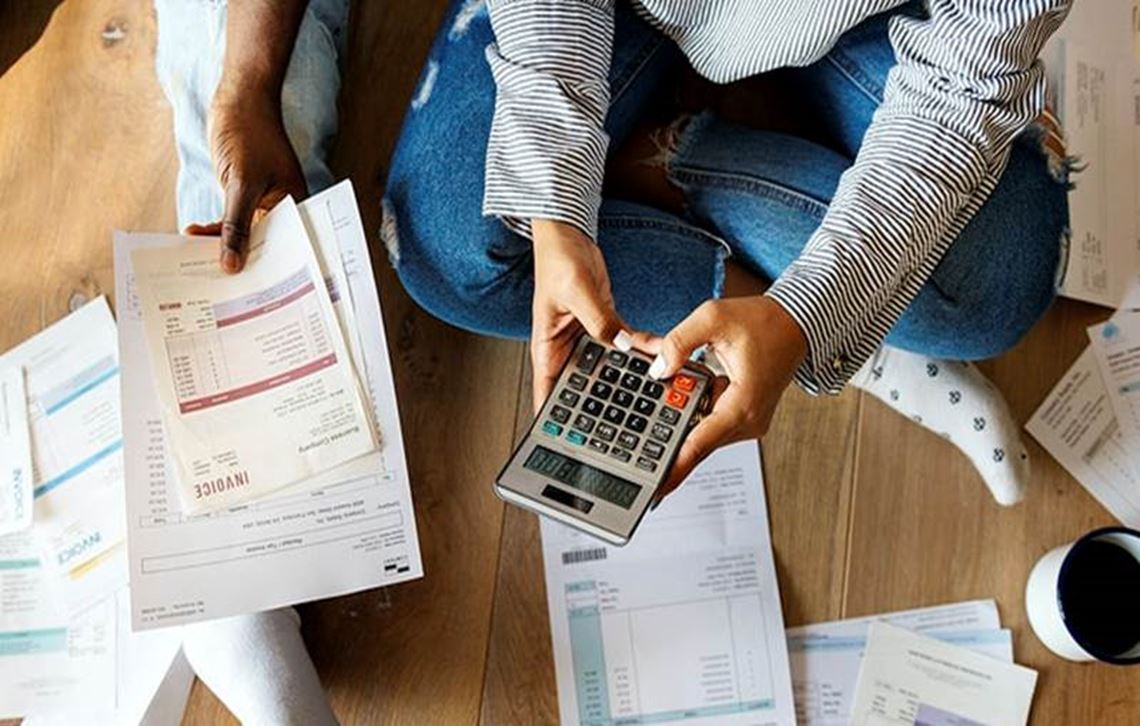Introduction
In the past, the Malaysian government relied heavily on oil revenue as a significant source of income to be used towards further developing the nation. Upon recognizing the need to diversify its revenue streams and reduce dependence on a single source, the government has since taken progressive steps to increase revenue through taxation.
In line with this objective, the government has recently introduced two new initiatives: the Special Voluntary Disclosure Program 2.0 (“SVDP 2.0”) and e-invoicing. These initiatives aim to encourage greater compliance amongst taxpayers and streamline tax administration processes. By embracing these measures, the Malaysian government is laying the foundation for a more efficient taxation system that promotes economic growth and fiscal resilience.
The two initiatives appear to be designed to achieve complementary objectives within the broader goal of widening the tax net and enhancing the Malaysian taxation system. In this article, we will provide a brief overview of the SVDP 2.0 and e-invoicing initiatives and consider whether there is a link between the two.
In the tabling of the Revised Budget 2023, our Prime Minister and Finance Minister (as he then was), YAB Dato’ Seri Anwar bin Ibrahim announced the reintroduction of the SVDP 2.0 to incentivize taxpayers who have unpaid or underpaid taxes to proactively rectify any past tax discrepancies and fulfil their tax obligations.
A Special Voluntary Disclosure Program (“SVDP”) is a tax amnesty or compliance program offered by governments to encourage taxpayers to voluntarily come forward and disclose any previously undisclosed income, assets, or liabilities. The objective of SVDP is to increase tax compliance, enhance revenue collection, and promote transparency within the tax system. Through the last voluntary disclosure program (SVDP 1.0) that ran between 3 November 2018 to 30 September 2019, the Inland Revenue Board of Malaysia (“IRB”) collected RM 7.88 billion in taxes and penalties from close to 290,000 taxpayers.
SVDP 2.0 as an initiative which is designed to support the pillars of sustainability in the national tax administration. It was introduced with the following key points announced during the Revised Budget 2023:
- Companies and individuals are eligible to participate
- The SVDP 2.0 period will run from 6 June 2023 to 31 May 2024
- 0% Penalty and Surcharge Rate
- Covers Direct and Indirect Taxes
From the Operational Guidelines No. 2 Year 2023 (Amended) issued by the IRB on 22 August 2023, the following salient points are summarised.
| Item | Direct taxes | Indirect taxes |
| Application period | From 6 June 2023 to 31 May 2024 | From 6 June 2023 to 31 May 2024 |
| Taxpayers |
All categories of taxpayers except Employer’s File Returns | Any person, including foreign service provider |
| Covered Years of Assessment (YAs) |
|
Indirect taxes payable up to 28 February 2023 |
| Taxes covered under SVDP |
|
|
| Penalties/ surcharge/ compound | 0% penalty and 0% surcharge |
|
However, the IRB has stated that SVDP 2.0 is not applicable to voluntary disclosures involving cases where:
- Audit action on taxpayers has commenced for the YAs involved;
- Non-taxable, reduced assessment, or tax repayment, except for transfer pricing cases; or
- Investigation action has been initiated or prosecution proceedings following a criminal investigation have been filed in court based on the provisions under Income Tax Act 1967, Real Property Gains Tax Act 1976, Stamp Act 1949 or the Anti-Money Laundering, Anti-Terrorism Financing and Proceeds of Unlawful Activities Act 2001.






